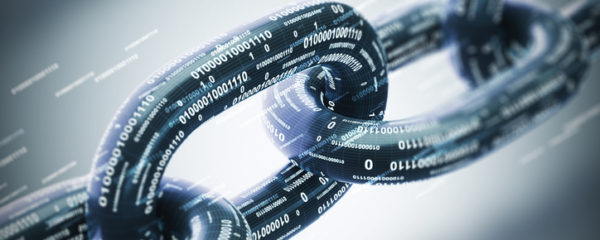On March 31, the Supreme Court of the United States began hearing oral arguments for the notable patent case of Alice Corp. v. CLS Bank and the application of patent protection on software, specifically computer-implemented inventions, and whether it is appropriate under Section 101 of the Patent Act. On June 19, it returned with its decision [PDF] — a decision in favor of CLS Bank.
Notable decision quotes include:
Stating an abstract idea “while adding the words ‘apply it’” is not enough for patent eligibility.
We conclude that the method claims, which merely require generic computer implementation, fail to transform that abstract idea into a patent-eligible invention.
This Court has long “warn[ed] . . . against” interpreting §101 “in ways that make patent eligibility ‘depend simply on the draftsman’s art. Mayo supra, at ___ (slip op., at 3) (quoting Flook, 437 U. S., at 593); see id., at 590 (“The concept of patentable subject matter under §101 is not ‘like a nose of wax which may be turned and twisted in any direction . . . ’”). Holding that the system claims are patent eligible would have exactly that result. Because petitioner’s system and media claims add nothing of substance to the underlying abstract idea, we hold that they too are patent ineligible under §101.
The decision in favor of CLS Bank, which affirmed the earlier judgment of the Court of Appeals for the Federal Circuit, was also a win for software companies — and some say, for innovation — and a warning for non-practicing entities, also known as “patent trolls.”
A recent Forbes blog shares decision reaction from industry leaders and lawyers.
Microsoft
“Microsoft is pleased that the Court has confirmed existing law that abstract ideas are not eligible for patent protection, and distinguished the Alice patent from software inventions. Software powers nearly every inventive device, service and product in our world today, and providing patent protection for software-enabled technologies is critical to incentivizing innovation in every industry and sector of the economy.”
Jennifer Spaith, partner, Dorsey & Whitney
“The Court failed to articulate a broader standard for how to identify an unpatentable ‘abstract idea’ in a claim. While we now know that implementation of a ‘fundamental economic principle’ on a computer will likely be insufficient to confer patent eligibility, we are without guidance as to how to apply this to other significant industries developing intangible innovations today – collection and analysis of Big Data that is poised to revolutionize the wearable tech, security, and systems control spaces, cloud computing services, social media applications that are changing how people communicate, collaborate, and work. The Supreme Court did not offer tools for identifying patentable subject matter in these other intangible areas, so patentees will continue to battle uncertainty in these spaces.”
What’s your reaction to the Justices’ decision? We welcome hearing it below.








1 Comments